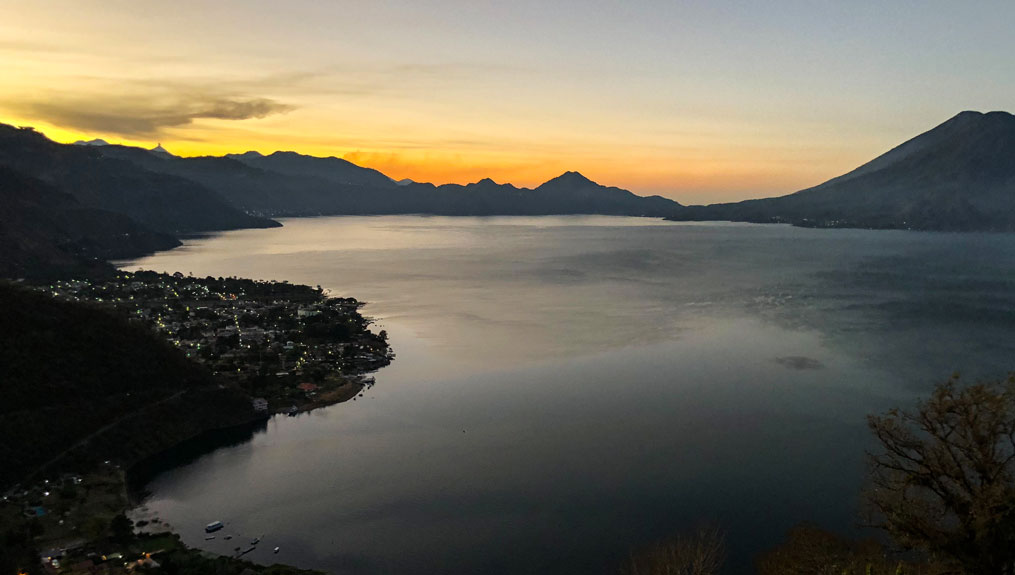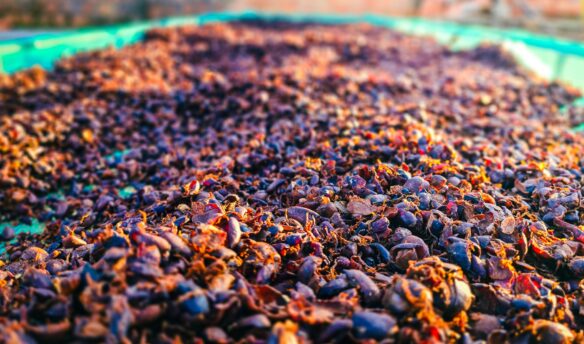Lake Atitlán, Guatemala. Photo by John Cameron
[H]ere in the U.S., straw bans seem revolutionary, daring restaurants and cafés to refrain from handing out hundreds of single-use plastic straws every day. However, Portland and Seattle can’t hold a candle compared to San Pedro La Laguna’s blanket ban of all single-use plastics. This small community of 13,000 people, residing alongside Guatemala’s picturesque Lake Atitlán, banned plastic bags, plastic cups, plastic straws, Styrofoam containers, plastic spoons and forks, and so much more, back in 2016. The change came about after a solid waste disposal plant that was designed to process a decade’s worth of waste was filled halfway after only six months. Not only that, but the treasured Lake Atitlán was becoming polluted with debris from all the trash the town produced.
Atlas Obscura recently covered how the town invested in durable hand-woven rubber baskets to replace disposable grocery bags and how the local government helped ease the change by exchanging plastic and Styrofoam items for reusable or biodegradable options, free of charge.
Now, if a street vendor is caught packaging or selling merchandise in plastic or Styrofoam, they will be charged anywhere between $150 and $650 for a fine—a hefty fee in a community where the average worker makes $11 a day. Instead of plastic, residents now use banana leaves or newspaper to purchase takeaway food, fill their rubber baskets during a trip to the market, and use paper cups instead of Styrofoam.







